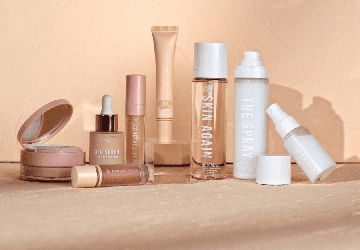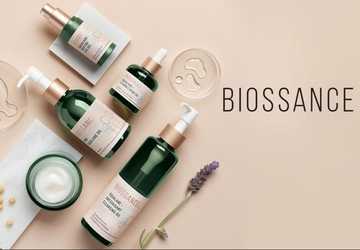Top Exercises for Building Muscle At Home
Embarking on a journey of muscle development within the comfort of your home presents opportunities and challenges. This comprehensive guide is dedicated to sharing innovative home workout tips and introducing the best home exercises for efficiently building muscle at home.





